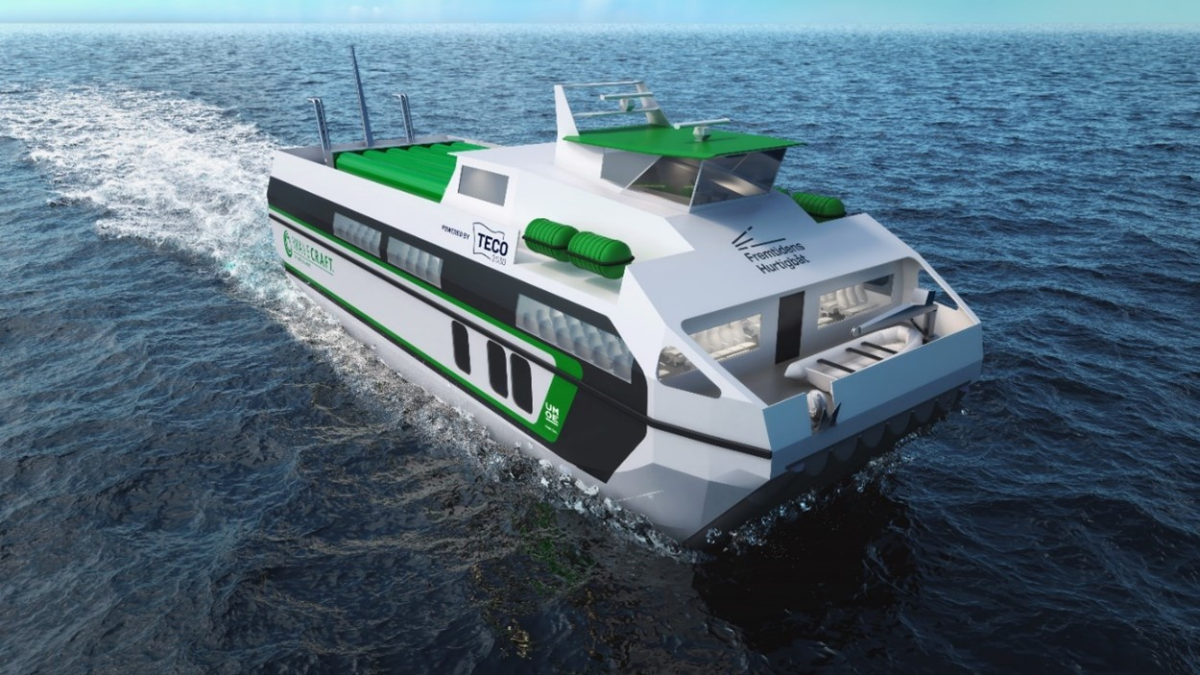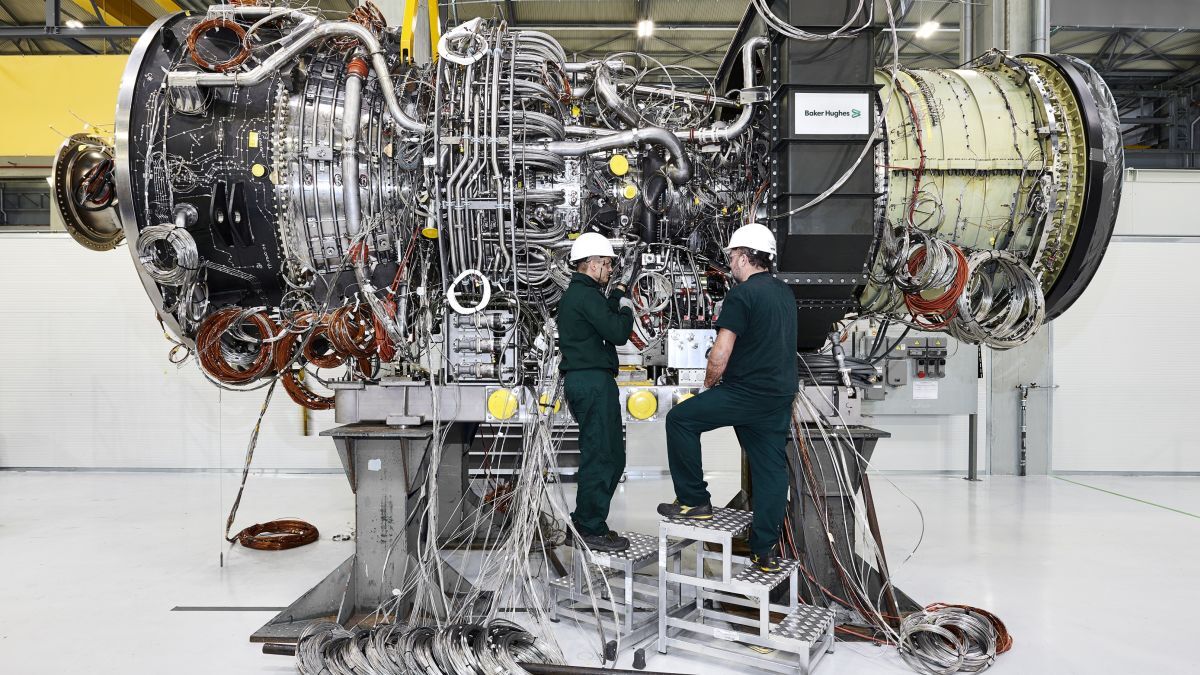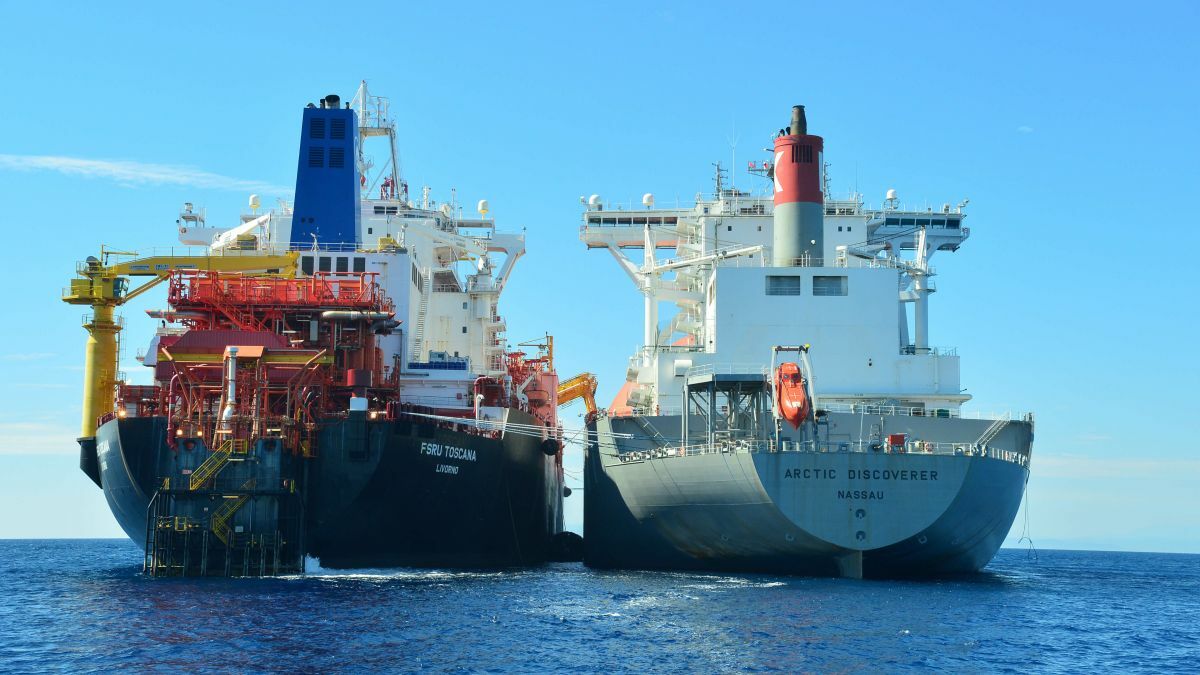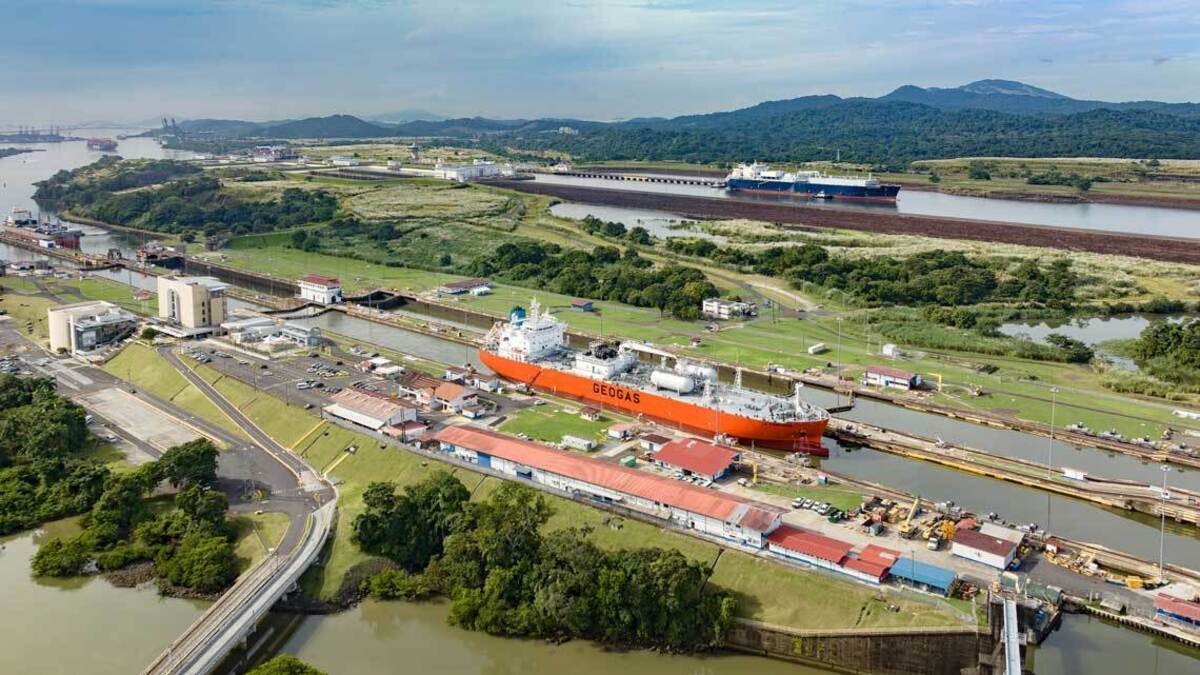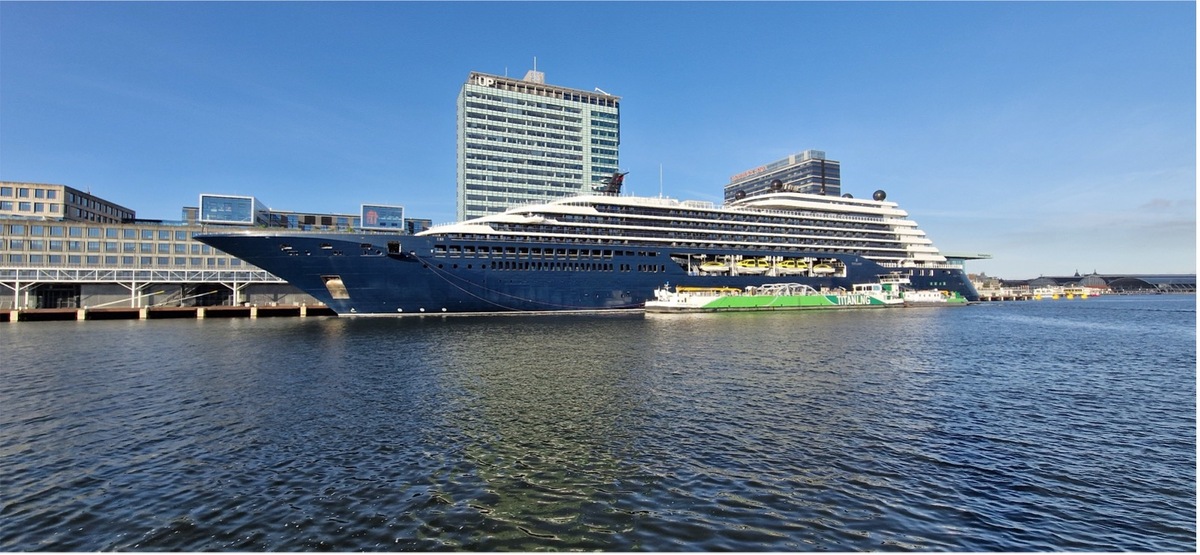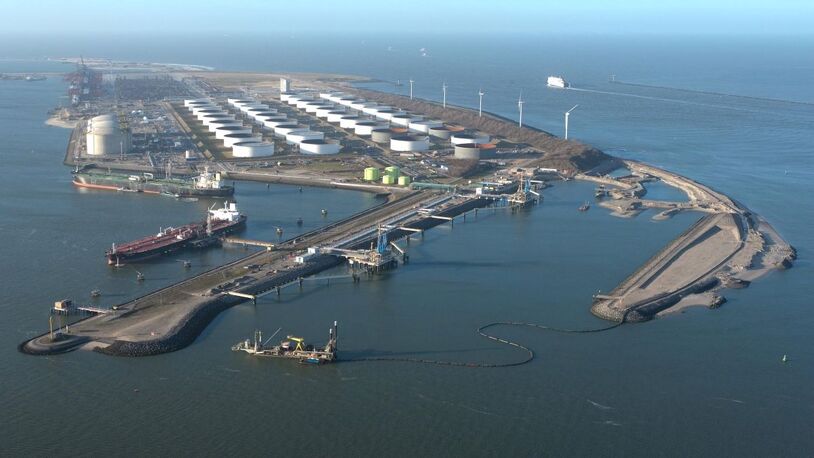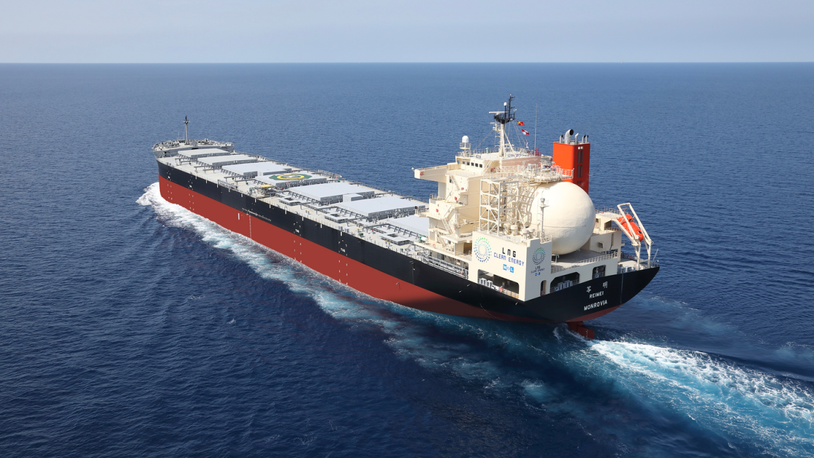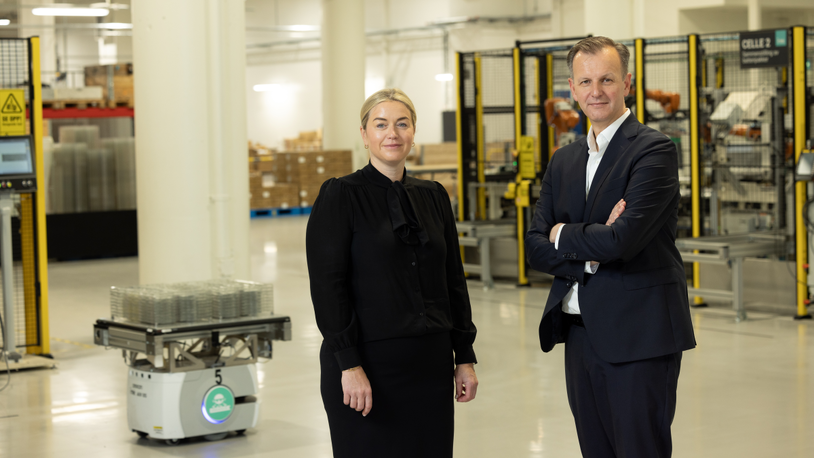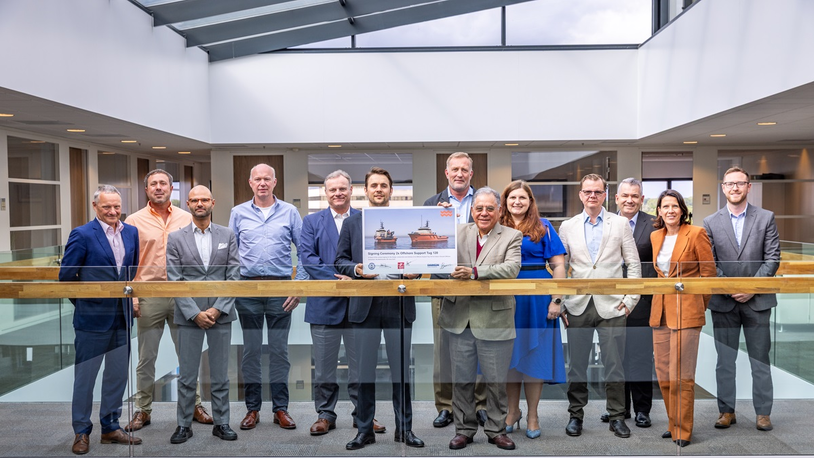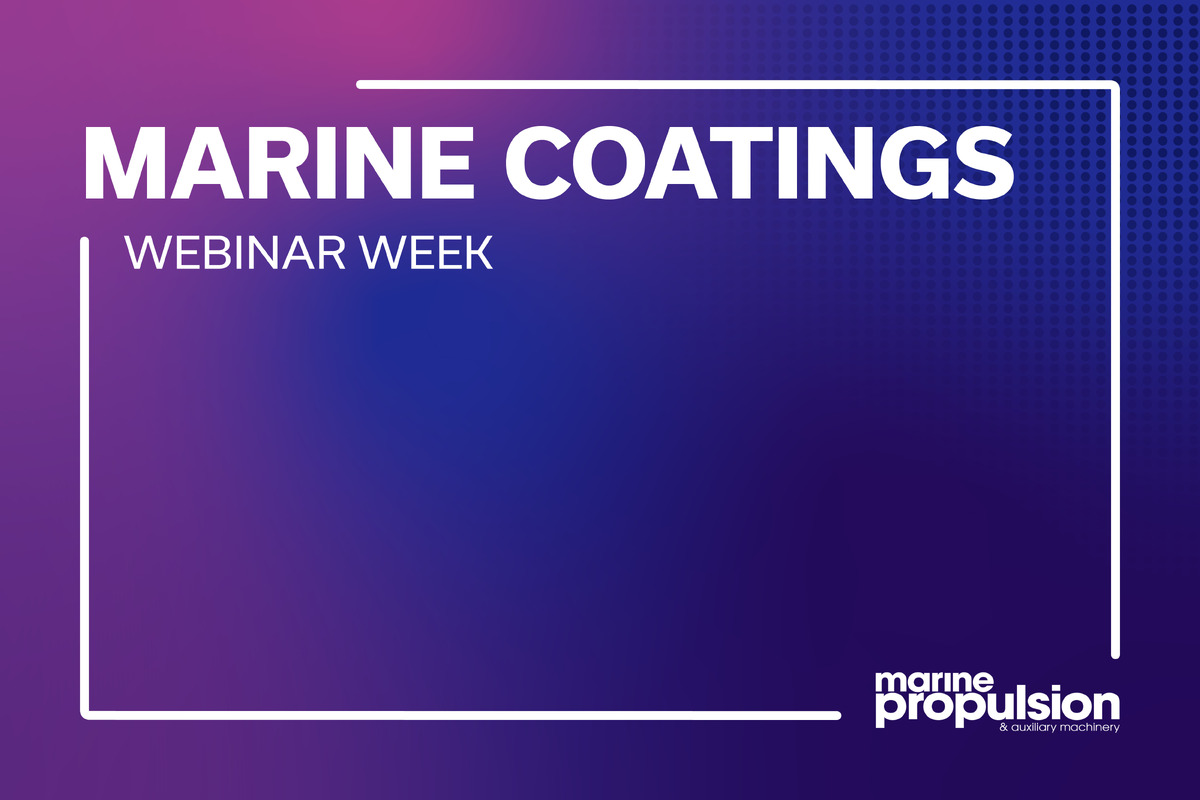Business Sectors
Contents
Register to read more articles.
Update: Norway gives initial approval for first fuel-cell-propelled high-speed vessel
The Norwegian Maritime Authority (NMA) has granted preliminary approval for fuel cell developer TECO 2030 and Norwegian shipyard Umoe Mandal’s design for the first fuel-cell-based, high-speed passenger vessel
After applying for approval in principal (AiP) for the vessel’s design in early February, the two companies said they have completed the first stage of the design and approval process with the NMA.
The vessel design is based on Umoe Mandal’s surface effect ship (SES) technology, an air-cushion catamaran design that was also used in a crew transfer vessel design.
"Preliminary design approval marks the completion of the first stage of the complete design and approval process for this hydrogen-fuelled vessel, following the procedures required by the International Maritime Organization IGF-code and Alternative Design Process," the companies said.
The project is financed by the Norwegian County Municipalities of Finnmark, Nordland, Trøndelag and Vestland, who are now working to secure financing to construct and demonstrate a hydrogen-powered high-speed ferry in line with the Norwegian 2025 zero-emissions requirements.
The vessel is designed to be fitted with a multimegawatt fuel-cell system for full propulsion. It will have a service speed of 35 knots, a range of 160 nautical miles and carry 275 passengers.
The vessel design aims at being a first-of-its-kind, zero-emissions, high-speed passenger vessel sailing along the coast without emitting anything but warm air and water and Umoe Mandal anticipates the vessel design to raise considerable interest from the maritime industry.
Once the vessel design and hydrogen propulsion plant have received the approval in principle, TECO 2030 and Umoe Mandal, together with suppliers will continue the process of reaching final approval.
“It is a major accomplishment for us to announce our developed partnership with Umoe Mandal and submit all documentation to Norwegian Maritime Authority for approval in principle on a ship designed for the future of zero-emissions maritime transport. I am excited to continue to build on this design platform as we move forward together with our strong partner Umoe Mandal,” said TECO Group chief executive Tore Enger.
“This achievement demonstrates the industry’s readiness to embrace commercial and public tenders for passenger vessels powered by hydrogen, thereby contributing to efforts to reduce and eliminate pollution in the maritime industry,” he said.
TECO2030 announced that it had won initial funding of the equivalent of US$500,000 from the Norwegian government and formed a consortium to design the vessel in July 2022.
"Umoe Mandal has over 30 years of experience in delivering lightweight, energy-efficient vessels, based on the surface effect ship technology. This includes the world’s fastest combat ship, the Skjold-class corvette, and the Wavecraft CTV series for the offshore wind market. We are excited for this opportunity to develop and approve a hydrogen-powered zero-emissions version of our vessels” Umoe Mandal chief executive Tom Harald Svennevig said at the time.
The contract contains two phases, and the consortium had planned to first develop the design and have it approved in 2023. Once design approval has been achieved, the companies said a supplier will be chosen to build and demonstrate the newly developed vessel, with a goal for the demonstration vessel to be in pilot operation from 2025.
Riviera Maritime Media’s Maritime Decarbonisation Conference, Asia 2024 will be held in Singapore, 4-5 March 2024, click here for more information on this industry-leading event
Related to this Story
Events
LNG Shipping & Terminals Conference 2025
Vessel Optimisation Webinar Week
Marine Coatings Webinar Week
© 2024 Riviera Maritime Media Ltd.


